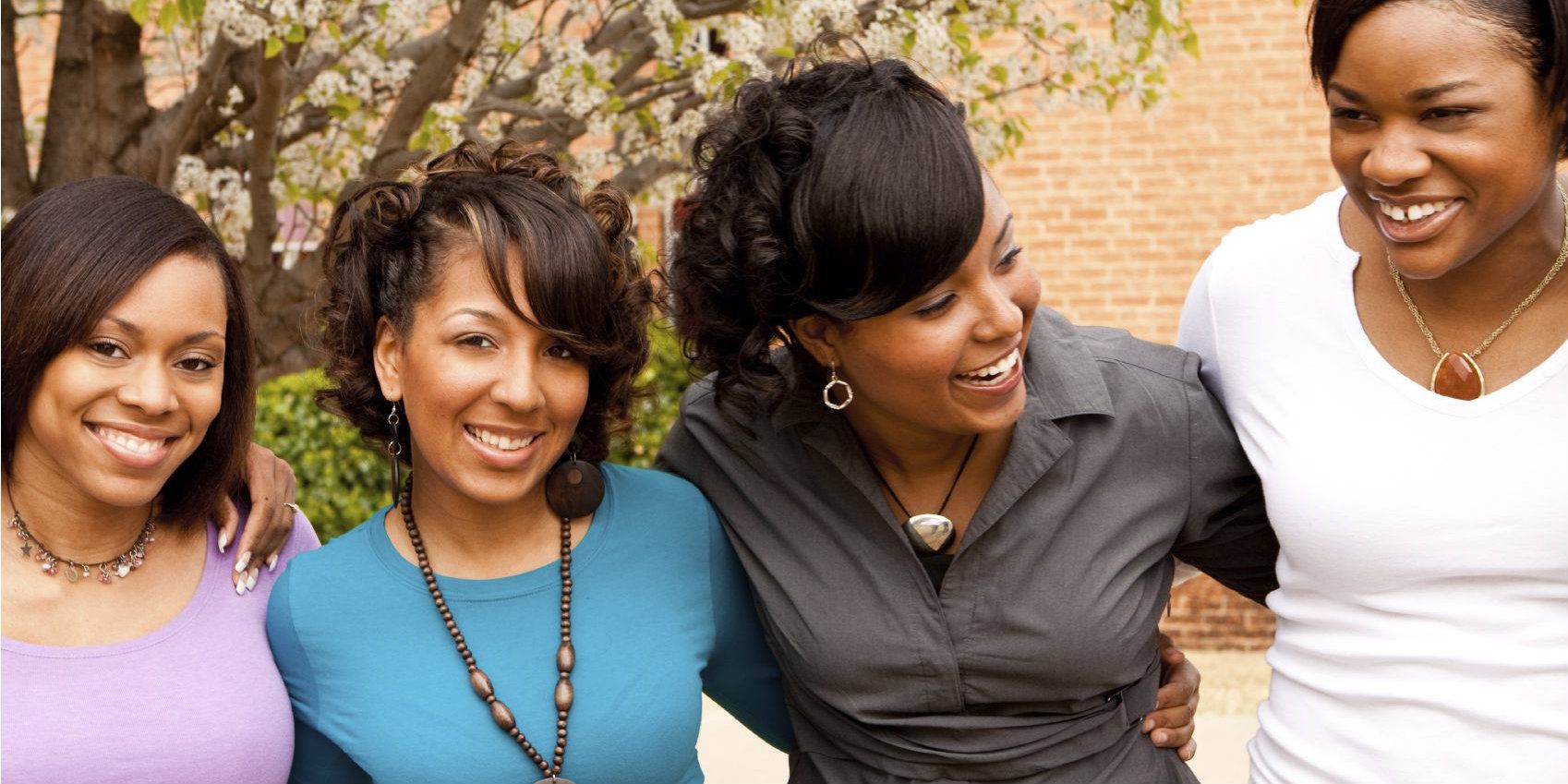Black Women in Need of Safe Support

by Sydney Green
The recipient of the funniest male senior superlative incorporated a horrific joke into his acceptance speech, one which came at the expense of two prominent female administrators at the University. Up until that point, I had not been paying much attention to the awardees and their speeches, but a shift in his voice caused me to put down my phone listen closely. My friends and I sat speechless as he transformed a Black female member of the administration into a neck-snapping, uneducated caricature and clumsily navigated to a sexist punch line aimed at her white, female colleague. The comedy was lost on much of the audience – beyond being offensive, it was a terribly unfunny joke – but after a few nervous laughs and a redirect from the presenter, it seemed as though all was forgotten.
My table (and others as I’d later find out) buzzed with disgust at his casual disrespect for women in power and those of us in the audience. Normally, we’d let something like this roll off our shoulders – too stressed and too numb to bother fighting it – but this time was different. I decided to send an email to the list-serv, hoping it could launch a productive conversation without tainting the memory of senior dinner with a Kanye West moment.
“That joke was not funny.”
I was overcome with a sense of relief after pressing send. I had shed the burden of silence that had become synonymous with my undergraduate experience. Expectedly, that moment was short lived as my inbox was flooded with declarations that the comedian was indeed a non-racist, that I had clearly missed the punch line, and (my personal favorite) how I was launching a smear campaign against the comedian. Repeated attempts by myself and other students of color were met with sarcasm and dismissals by the offender and his sympathizers. Publicly, the offender stressed that his comments were taking out of context and that I was the irresponsible because I had chosen to address my concern on the discussion list (mind you, this is the norm). Privately, he berated me for having the audacity to be offended and lacking enough courage to say it to his face. I suggested we meet up and talk out our difference. He never replied.
I understand that campus politics are murky; some administrators choose to be more involved with the house lists than others and I do not harbor any ill will towards them. However, I strongly believe that a few of those people considered hitting reply-all before they sent their email. If only one had followed through and shared their opinion en masse, the offender might have reconsidered his stance and spared my inbox some pain. Still, my purpose here is not to reflect on what could have been
I wrote this after reading the blog posts on Scientific American denouncing their decision to remove the post of Dr. Danielle Lee, who had shared ugly, racist and sexist remarks from another professional. I admired these women for using the very platform that attempted to silence Dr. Lee to express their support for her. Those women are the type of allies that we should all strive to be.
Each day, I read and hear stories of my sisters being torn down physically, emotionally, and sexually while others find reason to downplay their plight, or altogether ignore it. I should not have to worry about being shamed for being a teenage mother when I take my young cousins to the store. I should not be questioned about affirmative action when I mention my alma mater. I should not have to fear that a future partner will eroticize or batter me in the name of love. And I certainly should not have to measure the costs of speaking up when someone does do one of these things. Black women need more allies. Not just ones who look like us or ones who pat us on the back when we’ve done good. We need the kind that join us and speak loudly against the deafening silence being cast over our cries.

No comments: